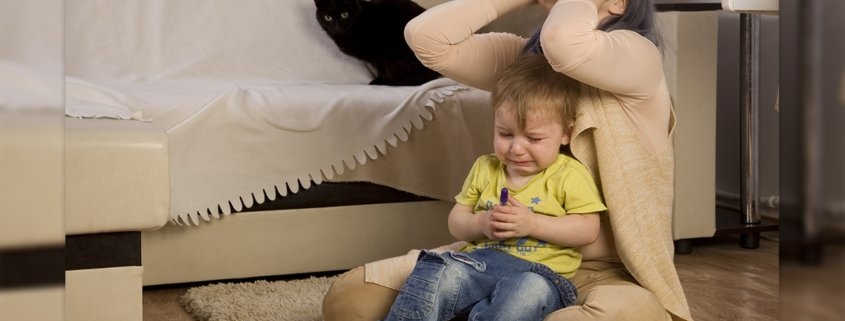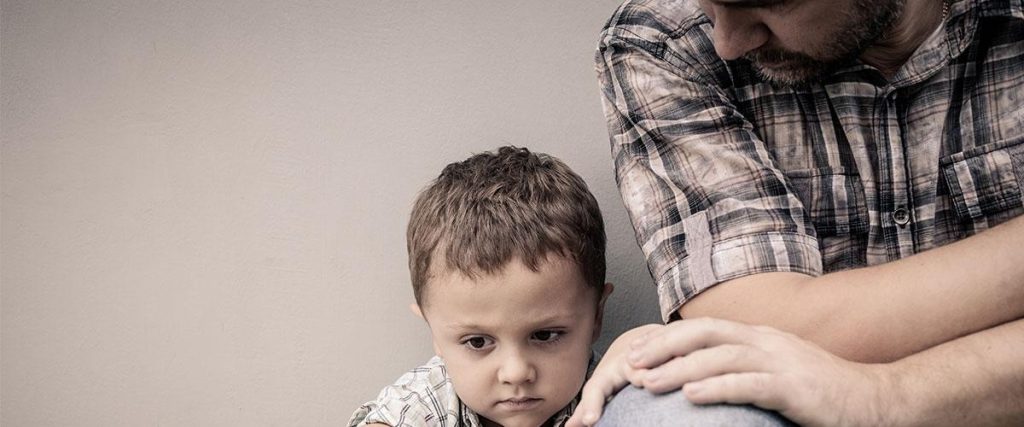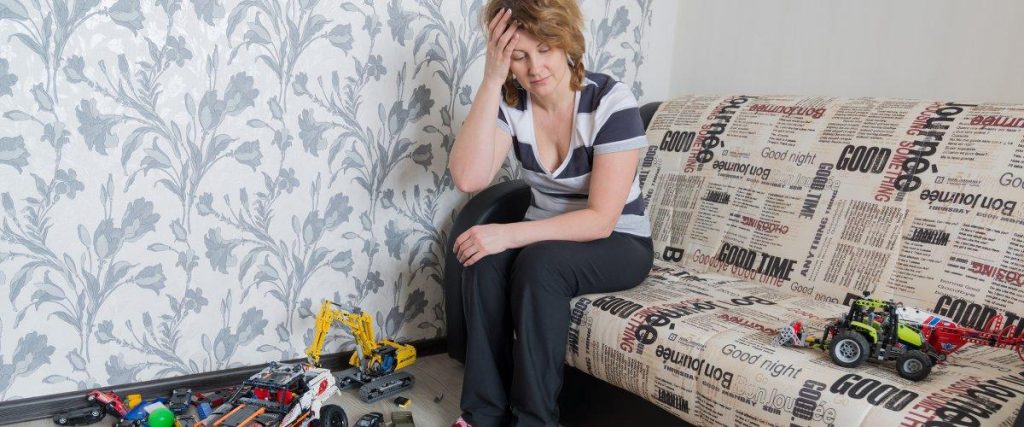Post-Partum depression (PPD) is not something a mother plans for. It picks its victims on its own and digs its claws into the victim’s head. Post-partum depression is like a cage made of one’s own thoughts fuelled by the chemical, hormonal and emotional imbalance. PPD is a medical condition, not a sign of a bad mom.
And, these are few things that you should know about your condition:
1. PPD is more common than it seems:
No, you are not alone. As many as 1 in every 7 women struggle with some sort of anxiety and depression in their post-partum days, so do not feel that it is only happening to you.
2. Talking about it will help:
We get it, talking about how sad and low you are is the last thing you want to do. But trust us, talking about it will help. Talk to a person you are close to and who will understand what you are going through.
3. PPD can begin even when the baby is inside you:
The term ‘Post-Partum’ in PPD is a bit misleading because sometimes PPD can start even before the baby arrives. This condition has its own ways and patterns of happening which vary from women to women.
4. It is not just ‘baby blues’:
Post-Partum depression is a real thing. It is not just mood swings or baby blues. Some women can’t sleep or eat. They’re constantly tormented by anxiety and intrusive thoughts which makes medical care extremely important.
5. PPD can last for years:
You may feel that if you supress those feelings and keep them in for some time, they will go away, like cold or a fever. But, sometimes PPD can last for years and it will affect you as much as it did in the starting phases.
6. Treatment of PPD starts from accepting it:
A lot of women suffering from post-partum depression feel reluctant to take medication or even medical consultation for the simple reason that “they are okay and there is nothing wrong with them”. But, your recovery can only start after you accept the condition.
If you’re going through it, let us tell you; you are not failing as a mother. You are a human being whose hormones have gone haywire and are affecting her mental health now. Take care of yourself.




































































